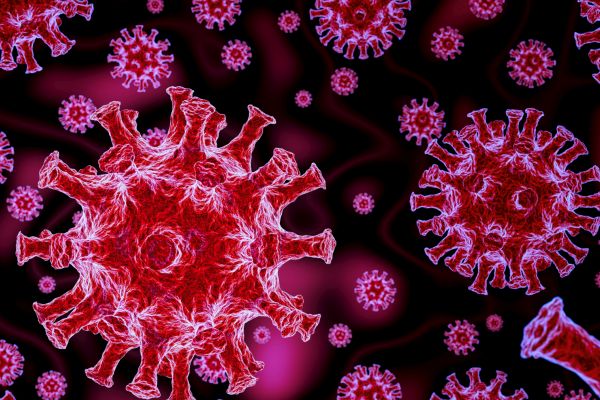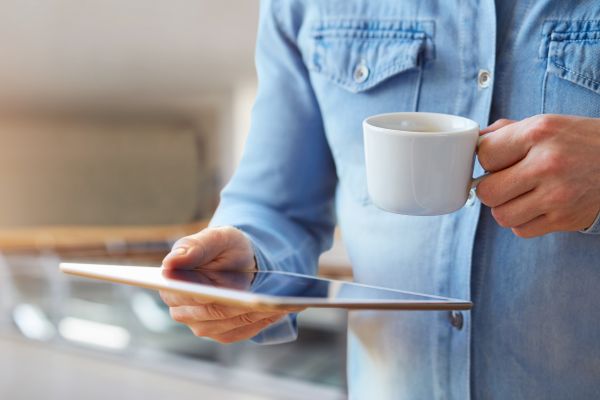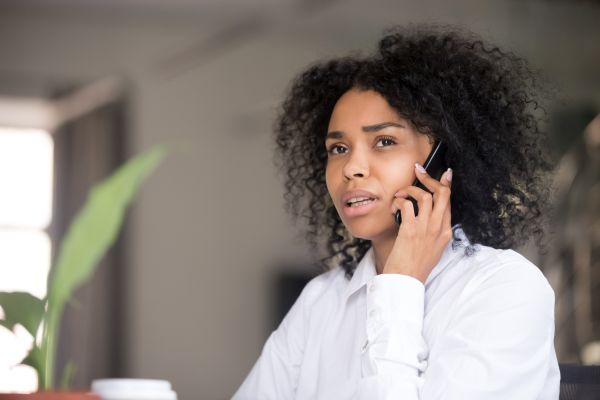Coronavirus has certainly changed the way we live and work and interact and shop and socialise and communicate.
I write this as a disabled woman; as a disabled woman who has striven for decades not to self-identify as ‘dis-abled’. I have played around with the term ‘differently abled’ and I have worked hard to engage in society for who I am and what I can do, rather than for who I am not and what I cannot do. But over the last few years I have needed to recognise that there is actually a lot I cannot do any more.
I am very fortunate to share my life with a husband who ‘makes good’ what I lack in ‘doing’ things. I do not take his care for granted but I admit that at times I have told myself his hard work is ‘payback’ for all my care of him and the children – years ago when I was healthier. But now, now I know I could not continue to live as I do if he was not here caring for me. So this recent crisis has brought into sharp focus a whole range of issue that I have endeavoured to ignore.
In chronic illness there is ontological insecurity. You never know whether or not your body (and/or mind) will be whole enough to enable you to do the things you want or need to do … next year, next month … tomorrow. When you go to bed you never quite know how you will be when you wake up. And sure – everybody can say that. No-one really knows; which is why sayings such as ‘carpe diem!’ are part of everyday discourse. But until Covid-19, in our lifetimes most people were able to plan at least a little. Getting up in the morning. Working. Holidays. Visits to family or friends. An evening out.
Now, the situation has changed. It is different for lots of reasons. It was different for many disabled people already. But now it has changed and is different for everyone. Uncertainty is everywhere.
Now many people are anxious about life; worried that they cannot work and even if they can work they are having to ‘work at home’, take a teleconference with a child demanding attention or for the ‘key workers’ who are forced to put their lives on the line to support the rest of society there is the worry that they might become ill … or die.
Now few of us go out. ‘Stay at home’ is the national message.
But now everyone is finding lots of different innovative ways to connect and stay in touch with each other – even if they are confined to their home. Amazing videos of music and drama and ‘togetherness’ are being streamed daily across social media. Humorous memes and messages of hope and positivity are being transmitted and shared.
People are coming together in ways never imagined before.
As a disabled woman working online with my clients I now appear ‘the same’ as everyone else. No-one can see my clumsiness or my ‘lack’ of physical ability. I can engage in groups and events without having to struggle to travel, and I have disabled clients who can do the same.
This enforced change in working and communicating is not perfect. A hug cannot simply be replaced by a meme and online working can opaque the nuance and cherished minutiae of face to face interaction.
But it is helping the planet and it is encouraging innovation… and it is introducing a new way of working.
“A new normal”?
Perhaps not.
But new possibilities, different opportunities and acceptable, alternative ways of working in the 21st century: for clients and counsellors? – just maybe.

Coronavirus (COVID-19)
Guidance and resources for members

Sharing your experiences
Marking one year since the start of lockdown, we’re sharing your blogs about the impact the coronavirus pandemic has had on you, your practice and your clients

Coronavirus: Advice for the public
Advice on seeing a therapist during the pandemic, plus tips, advice and coping strategies from our members to help you through these uncertain times
Views expressed in this article are the views of the writer and not necessarily the views of BACP. Publication does not imply endorsement of the writer’s views. Reasonable care has been taken to avoid errors but no liability will be accepted for any errors that may occur.
